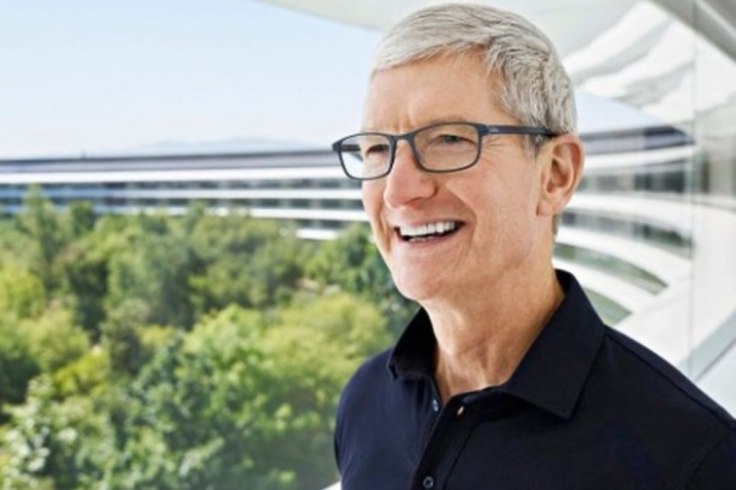5 Things to Know About Tim Cook's Plan to Step Down as Apple CEO
The next leader must safeguard a $4 trillion legacy while reigniting Apple's innovation engine for the AI era.

With Apple CEO Tim Cook now 65, speculation is intensifying over who will eventually inherit the world's most valuable company and steer it through the next wave of technological change.
Although Cook has stated he isn't leaving immediately, he has confirmed that 'very detailed succession plans' are in place. The choice of his successor will be pivotal, shaping Apple's response to the AI race and its strategy beyond the iPhone. Here are five key points about the succession landscape at Apple.
1. The Likely Heir: A Hardware Expert
The leading internal candidate to take the helm is John Ternus, Apple's senior vice president of hardware engineering. His appointment would signal a strategic shift, moving focus from operational and supply chain mastery—hallmarks of Cook's tenure—to product-centric engineering.
Ternus, who has been with Apple since 2001, has a proven track record of leading high-stakes projects. He played a key role in the successful transition from Intel processors to Apple's own Silicon chips, a move that has transformed the Mac lineup.
2. Apple's Deep Talent Pool
While Ternus is viewed as the frontrunner, Apple has cultivated a substantial bench of executive talent. Other names often mentioned include Craig Federighi, senior vice president of software engineering, and Greg Joswiak, head of worldwide marketing.
The succession landscape remains dynamic. For instance, Jeff Williams, Apple's former chief operating officer and a top contender, departed earlier this year—highlighting how quickly the situation can change.
3. Mounting Innovation Pressure
The succession debate is intensifying as Apple faces increasing pressure to deliver its next revolutionary product. Despite remaining a commercial powerhouse, the company has faced criticism for a slowdown in game-changing innovation.
Recent setbacks have amplified this tension. Reports suggest Apple cut sales targets for its highly anticipated Vision Pro headset in half. Additionally, AI efforts, such as an AI-enhanced Siri, have been delayed to 2026, while rivals push ahead in the AI race.
4. Cook's Legacy is a $4 Trillion Act to Follow
Any successor will have enormous shoes to fill. Under Cook, Apple's market capitalisation surged from around $350 billion in 2011 to a staggering $4 trillion—making it the first publicly traded US firm to cross the trillion-dollar mark.
Cook also orchestrated the company's successful pivot to services, which grew from less than $3 billion (£2.28 billion) in 2011 to over $96 billion (£73 billion) in 2024. This shift created a steady, massive revenue stream. Cook's personal net worth is estimated at around £1.98 billion ($2.6 billion).
5. Cook's Succession Plan
Despite the ongoing speculation, Cook has emphasised that the company is well-prepared for the transition. He has confirmed the existence of formal, comprehensive succession plans designed to ensure stability and reassure investors.
In a 2023 interview, Cook stated, 'We're a company that believes in working on succession plans, so we have very detailed succession plans.' He also expressed a preference for promoting from within Apple: 'I really want the person to come from within Apple, the next CEO,' he said. 'So that's my role: That there's several for the board to pick from.'
Ultimately, the decision rests with Apple's board, which faces the daunting task of selecting a successor. The challenge is not only finding a capable executive but also defining the future of the company. The next leader must balance protecting the colossal financial empire Cook built with reigniting innovation to dominate the next technological era.
© Copyright IBTimes 2025. All rights reserved.





















